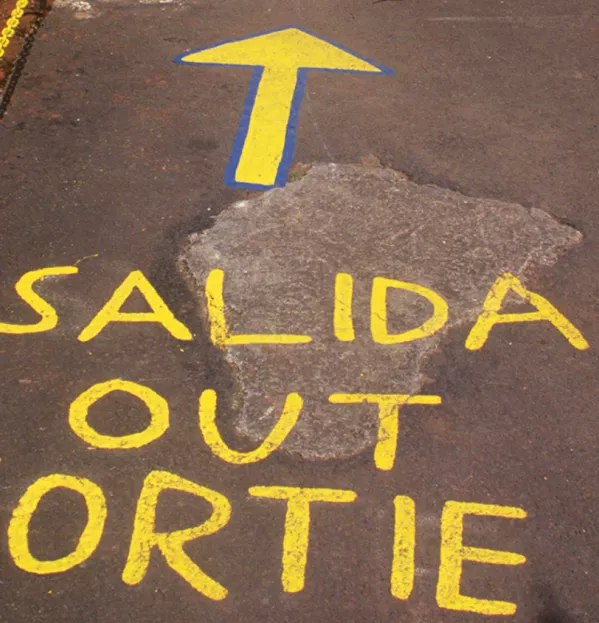I have a friend who, when asked “parlez-vous français?”, always replies, quick as a flash, “une petit poi”. I have another friend who, when people arrive at his tiny flat, always remarks, rather grandly, “welcome to my pomme de terre”.
To have one acquaintance whose favourite gag is a bad French vegetable-based pun may be regarded as a misfortune, to have two, however, probably looks like carelessness.
And that, if you’ll forgive the segue, leads me to the subject of this article: this country’s relationship, or lack thereof, with foreign languages. It is a sad truth that languages in our schools are in near-terminal decline.
MFL-learning has fallen off a cliff in secondaries. The British Council’s Language Trends 2018 report tells us that 76 per cent of Year 11s sat a language GCSE in 2002. By 2011, that figure had dropped to 40 per cent. The introduction of the English Baccalaureate that year did little to improve that picture - since then we have seen, at best, stagnation. A significant proportion of Year 7s and Year 8s now don’t receive any language lessons at all.
There is a very real poßibility that the number studying for an A level in German will soon become eßentially insignificant.
Cultural enrichment
The fact that this country is in danger of producing a generation for whom such absurd linguistic punning will mean nothing is sad but, of course, largely beside the point.
Also beside the point is the idea that technology will make up for it. To argue that online translation services will make up the difference by enabling you to be able to shout “ham sandwich!” into your phone in a French café and be understood is to miss the point so dramatically that it is idiotic. (Come back to me when Google Translate can intuit the infinitesimal differences between Gallic shrugs. And even then, I’ll probably tell you to go away tout suite.)
And, for once, this has little to do with the European Union or our decision to leave it: the decline of MFL-learning predates David Cameron’s needless referendum, and its repercussions will go on long after we have or haven’t left the EU.
Learning languages, even mastering them (something I evidently never achieved), is about childhood development; it is about brain development; it is about empathy; it is about cultural understanding; it is about literature; it is about understanding ourselves and our own languages. It is a joy so manifestly true that we should not need to justify it.
It would be easy to explore the reasons for the 21st-century decline. It would be easy to pin it on the accountability system or on New Labour’s decision in 2002 to remove mandatory language learning at secondary. But we are where we are.
And the picture is grim. It sometimes feels like we are in a death spiral. The fewer kids take MFL, the fewer language grads are produced, the weaker the production line of qualified teachers - and so provision is cut, and so fewer kids take languages, and so we begin again. Even if there were a sudden surge in demand for German, it is highly unlikely there would be anyone to teach it.
So it is all the more extraordinary that some schools are spectacularly bucking this trend (see pages 44-51). And how do they perform such miracles? It will surprise few readers that the answer seems to lie in that traditional recipe of teacher inspiration, teacher never-say-die optimism and the determination, as Churchill liked to put it, to keep buggering on.
It is to be hoped (but not expected, owing to headwinds) that other schools will follow suit. It is also to be hoped that ministers will plough some serious cash into ending the cycle of decline - and consider the gravity of their obsession with tinkering with provision and accountability.
It is depressingly easy, in January 2019, to see everything through the prism of Brexit. The sad truth is, however, that a linguistic divorce from our nearest neighbours is just about as depressing as a political one.
Ed Dorrell is head of content at Tes. He tweets @Ed_Dorrell
